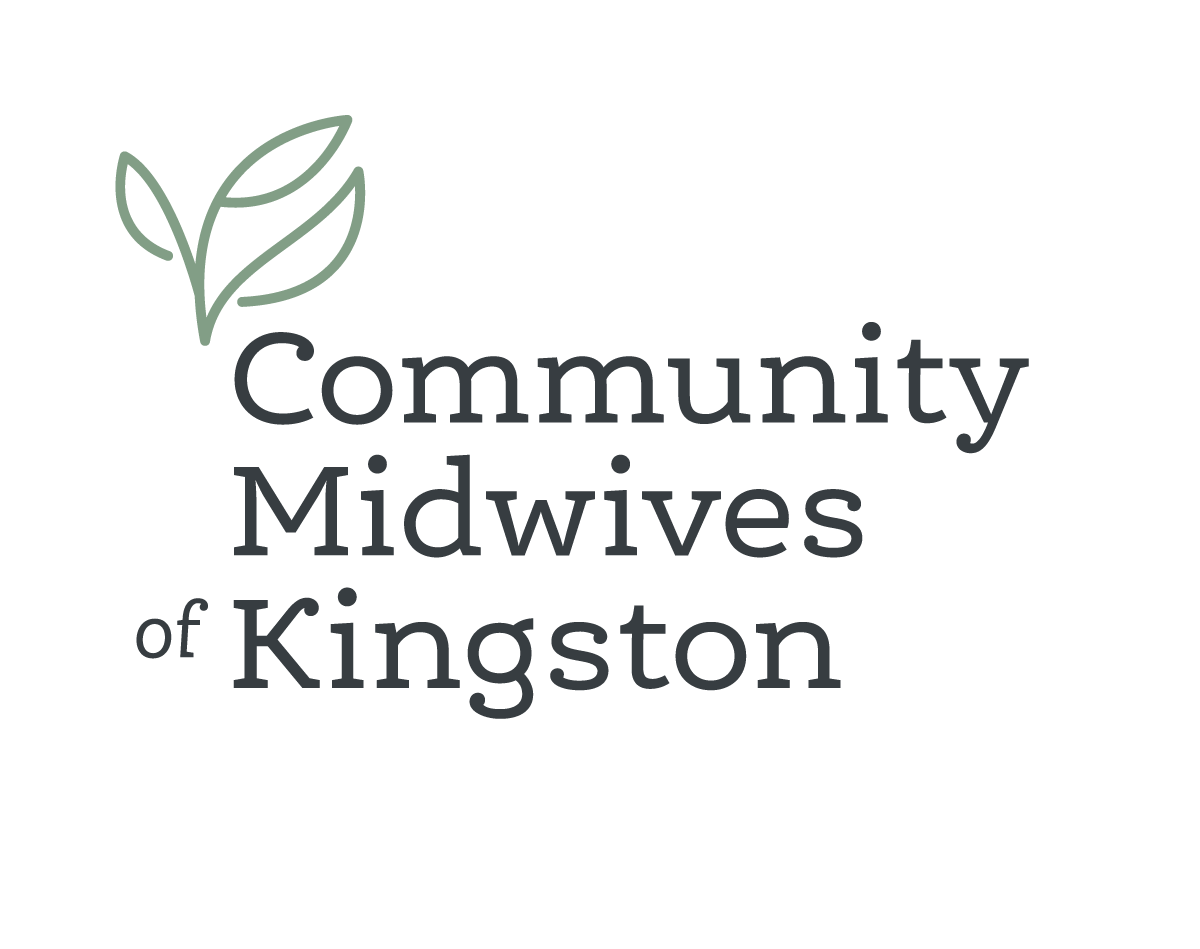Philosophy of Midwifery Care
Midwifery care is common in most of the areas of the world. In Ontario it was legislated in 1991. For those unfamiliar with midwifery care, or if you are trying to decide if this model of care is right for you, the Philosophy of Care outlined below may be helpful:
Scope of Practice
-
The midwives scope of practice is normal healthy pregnancy, childbirth and postpartum. We are committed to practicing within the guidelines developed by the College of Midwives. We also work within a set of protocols that we have developed for our practice. These protocols help us to provide consistent care that is supported by current research.
-
In addition to the College of Midwives of Ontario Indications for Consultation and Transfer of Care document, there are some guidelines for transfer of care which are mandated by the Kingston General Hospital. One of these guidelines is the transfer to Obstetrics for the use of oxytocin for induction or augment. We are currently working with the Department of Obstetrics. Watch for news in the future.
-
Midwives are primary health care providers to healthy pregnant people and normal newborns. Sometimes a person’s pregnancy moves out of “normal” and their care must be transferred to a specialist, usually an obstetrician. In such a case, you can expect to have supportive care from a midwife, but since the specialist is primarily responsible for your health, your midwife will not function in hospital as a primary decision maker. Also, only one midwife may be involved in the care from that point as only one midwife will attend the birth.



